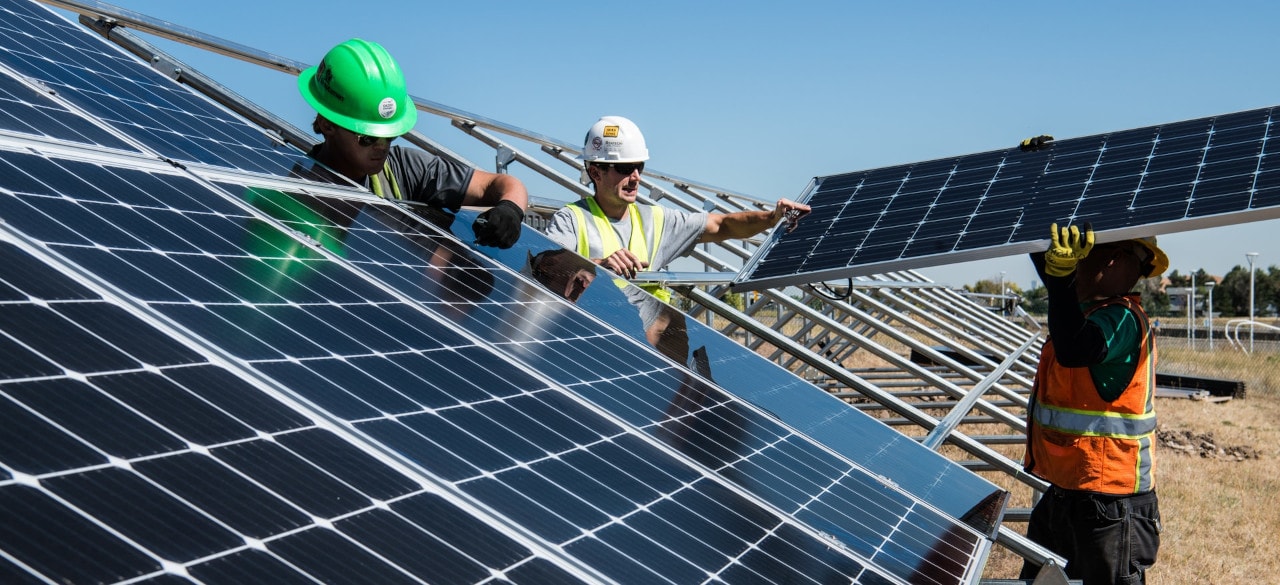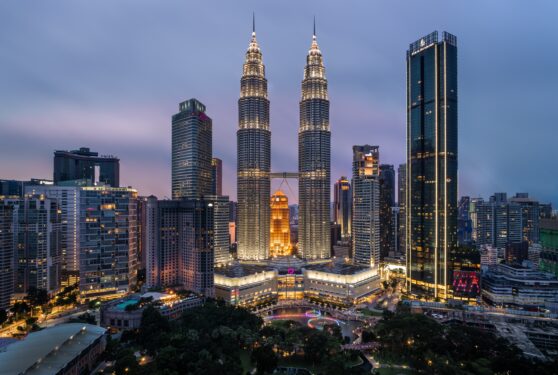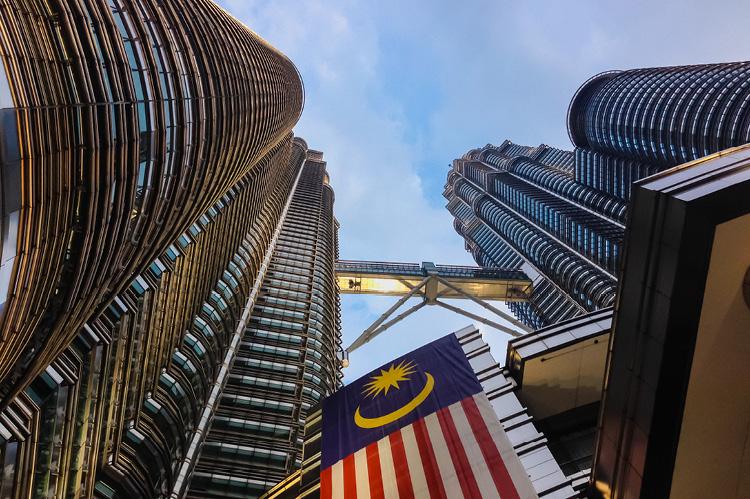WHAT is green job? There is a lack of universally-accepted definition or accepted way of categorising green jobs and green skills. This can lead to confusion and potential greenwashing.
The International Labour Organization (ILO) defines green jobs as jobs that are good for people, good for the environment and good for the economy. Green jobs are decent and socially responsible for the preservation and restoration of environment.
The ILO estimated that about 100 million new green jobs can potentially be created by 2030, leading to a net job creation of 25 million jobs. Of this, 18 million jobs can be created by achieving sustainability in the energy sector while six million jobs can be created by embracing the circular economy.
The Global Green Skills Report 2023 indicated that the increase in demand for green skills is outpacing the increase in supply, hence raising the prospect of an imminent green skills shortage.
Between 2022 and 2023, the share of green talent in the workforce rose by a median of 12.3% across the 48 countries examined while the share of job postings requiring at least one green skill grew nearly twice as quickly by a median of 22.4%.
Between 2018 and 2023, the share of green talent grew by 5.4% per year while the share of jobs requiring at least one green skill grew by 9.2%.
For Malaysia, it is important for policymakers and businesses to meticulously make policy assessment and readiness for developing a green workforce capable of boosting economy and businesses to transition towards sustainable growth.

Boosting green job growth
Malaysia’s definition of green jobs is guided by the ILO definition whereby green jobs are decent jobs that contribute to preservation or restoration of the environment.
The government has initiated occupational analysis in some of these new and emerging industries in green technology. The Occupational Structure of the Green Technology Industry project (2011) has even identified the main sectors likely to utilise occupations in green technologies.
The first iteration structure identifies six key sectors including energy, manufacturing, transportation, buildings, waste and water, as well as having found 71 job titles that could be classified in green technology.
The second iteration of the Green Technology Occupational Framework only focused on the energy sector (renewable energy and energy efficiency) whereby 112 occupations were identified.
How can policymakers and businesses increase the number of green jobs? The implementation of New Industrial Master Plan 2030 and National Energy Transition Roadmap to accelerate the economy’s and industries’ green transformation will attract potential investment in new green areas of up to RM1.3 tril and is expected to generate 310,000 jobs in 2050.
The Green Jobs Portal, a proactive measure taken by the Environment and Water Ministry (KASA) has set a target of providing more than 200,000 green jobs by 2030. Data from MYFutureJobs indicated that there were 30,000 green jobs available in 2023,
The Government can use a wide range of policy interventions, regulations and environmental standards, green taxes as well as financing measures to support and incentivize private sector and businesses to undertake green transformation.
These include increased resource-use efficiency and greater adoption of clean and environmentally sound technologies and industrial processes.
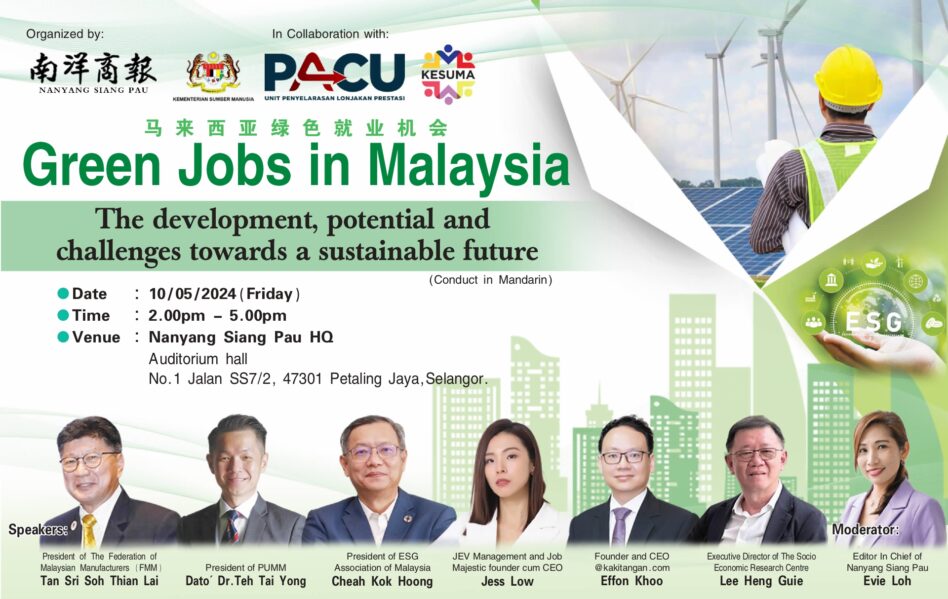
Green skill enhancement
Public investments that would create green job opportunities include building climate-resilient infrastructure, smart city and public housing development, expanding green public transportation, renewable energy (RE), smart electricity grids and investment in flood mitigation, climate change mitigation and adaption project as well as creating sustainable food security.
Additionally, Putrajaya can collaborate with financial institutions to provide loans at reasonable interest rates and grants for investing in green projects such as sustainable agriculture, renewable or low-carbon emission technology, smart government and private buildings, private housing, public walkways & cycleways and electric vehicle (EV) infrastructure.
The government can send decisive policy signals to the private sector that it is committed to the development of green economic prosperity.
This can be done by offering tax incentives, subsidies and grant funding to support the collaboration between the industry, research institutes, academic institutions and private R&D (research & development) firms to boost innovation and invest in transformative technologies such as RE, carbon capture, waste management and energy efficiency.
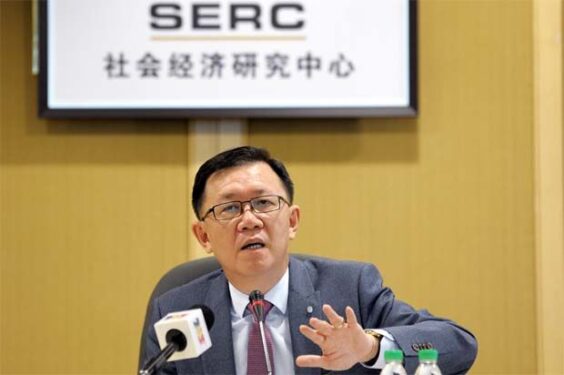
Green subsidies and tax rebates can boost demand for green products and services like EV (electric vehicle), solar panels, RE and energy-savings equipment and appliances. This would increase the demand for green skills and encourage suppliers to reskill.
Businesses must demonstrate a commitment to equipping the workforce with green skills for talent motivation and retention while illustrating good career prospects in the green pathway. Furthermore, businesses which prioritise sustainability send a strong message to their employees about their ESG (environment social and governance) values.
Enhancing skills is key to the green transition and harnessing the potential of AI (artificial intelligence). Green skills are the knowledge, abilities, values and attitudes needed to develop a pool of workforce capable of facilitating the green transition of businesses.
Active labour market policy plays an important role to train and develop green skills. Both public and private investments in skills and training development are critical to building a resilient green and digital transition.
The greening of skills must take place through active labour market education and training. Policymakers and businesses must provide necessary green training and career pathways, area-specific re-skilling, design tailored and effective programmes to the workforce. – May 14, 2024
Lee Heng Guie is the executive director at Socio-Economic Research Centre (SERC) Malaysia.
The views expressed are solely of the author and do not necessarily reflect those of Focus Malaysia.
Main image credit: Greener Ideal


